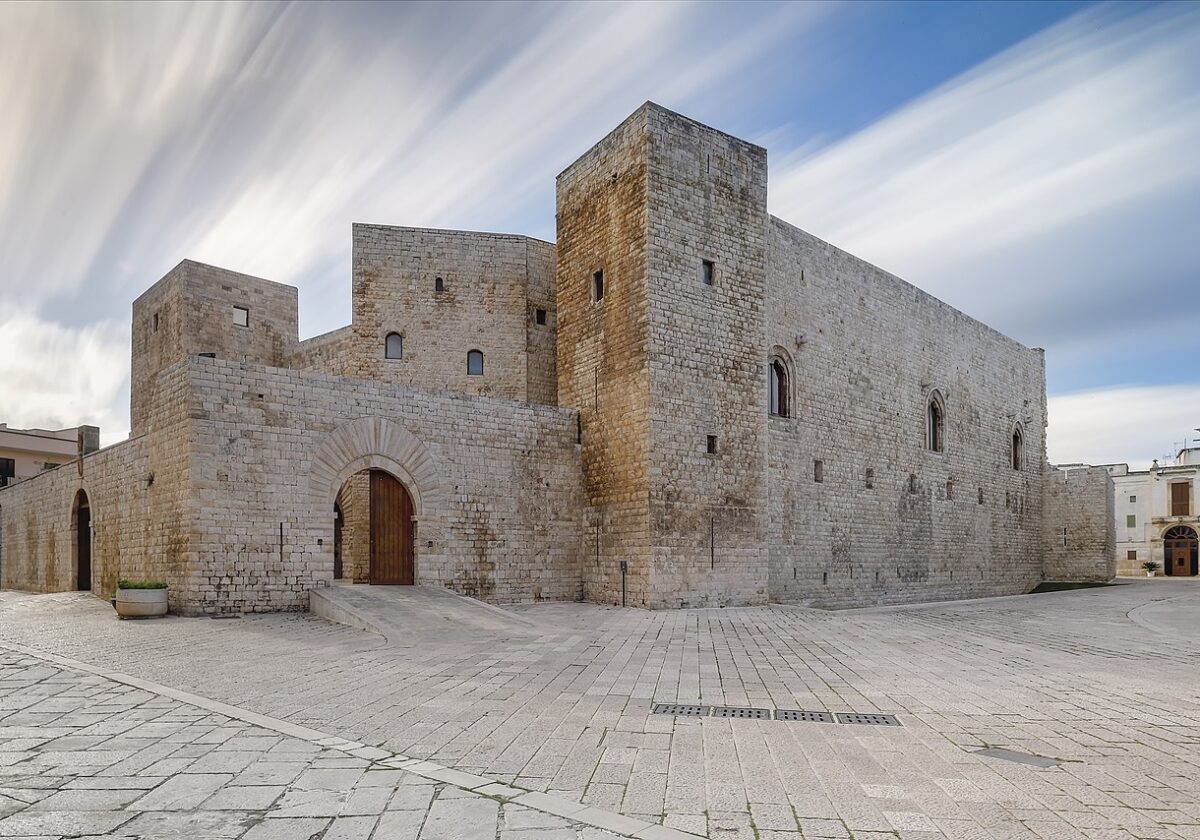I recently read that “researchers say some children can lose IQ points over the summer and the best thing to do to prevent that is to read. Educators worry the most about poorer kids falling behind in reading over the summer” since children whose parents can afford it are usually enrolled in educational programs and camps more often than not.
I can see the point. I think encouraging reading and academics at home is crucial and not just at summertime but all year round.
For pre-school and school age kids, I think it’s important that parents read and discuss books together. Read daily, together or separately, at bedtime or during the day. Select and buy or borrow books together. Ask your kids questions about their readings that will develop their critical thinking skills:
Who was the main character?
What happened? Was there a problem? How was it resolved?
Where did the story take place?
Who is the author? Is it a man or a woman?
When did they write the book?
What do you think the message of the book is?
Did you agree with the main character, plot, author,xyz, and why?
etc.,
Have them write a book report for you in exchange for a special treat.
Visit the author’s website. Have your child write him/her a letter/email.
Enroll them in some of the great reading rewards programs available in your local bookstore or libraries or create your own.
Give them what they like: if they are into sports, get them books on sports, subscribe to sports magazines for kids…
Teach them a new word everyday. Play a game where you have to use that word at least once during that given day in a sentence.
Find free educational games online or software and allow your child time to “play” on the PC daily.
Teach them a new language online too. Have them teach it to a sibling. Buy them children’s DVDs or Cd’s in that language.
And of course, exercise those brain muscles fully – don’t forget other fields: science, math, history…
Visit the zoo, art and natural science museums, or even go a nature walk at the beach or park, collect bugs and plants, take a magnifying glass and sandwich bags to collect specimens, solve puzzles and build with blocks or cardboard boxes. Try a science experiment. Make the world their classroom. When you go home, you can discuss, draw or list what you saw, look up more information online and grow together.
Last but not least make it fun






You should always approach a reliable supplier. A replica watches which gives you the assurance and the warranty should always be preferred. Asia is big hub for the manufacturing of these watches. It a solid piece and rolex replica sale because of that rubber strap. It more sporty actually because the watches collection is essentially a sports rolex replica uk collection though they do have casual leather replica watches available on the originals too. I bought this watches sale as soon as Ive seen it being put up for sale. It was love at first sight. This may be the manliest watch Ive ever seen. It raw, it rugged, tag heuer replica awakens primal feelings that all men have inside, even if they are in a dormant state. The rubber straps are a new addition in making all of their pieces more casual and replica watches and easy to wear.